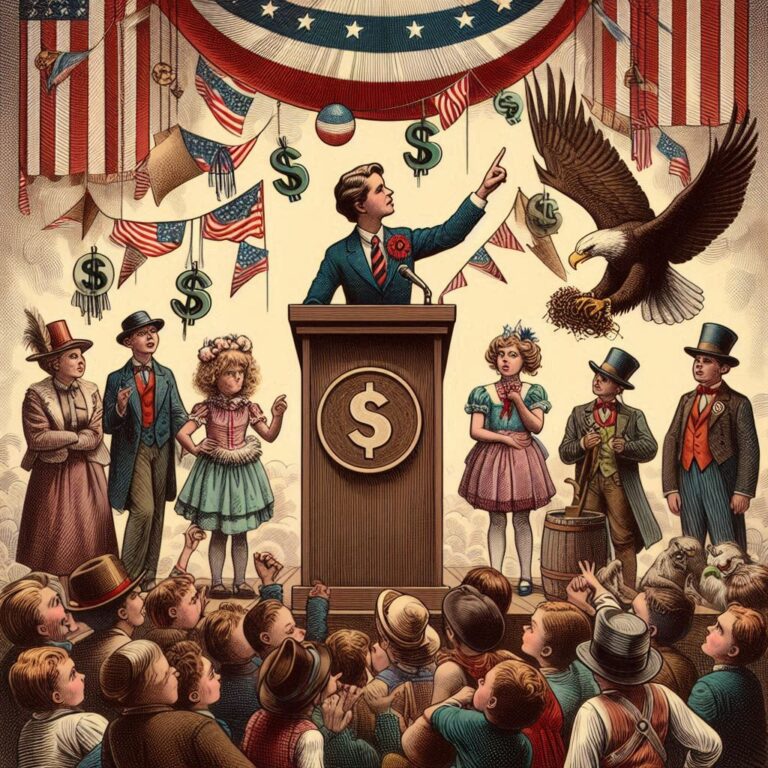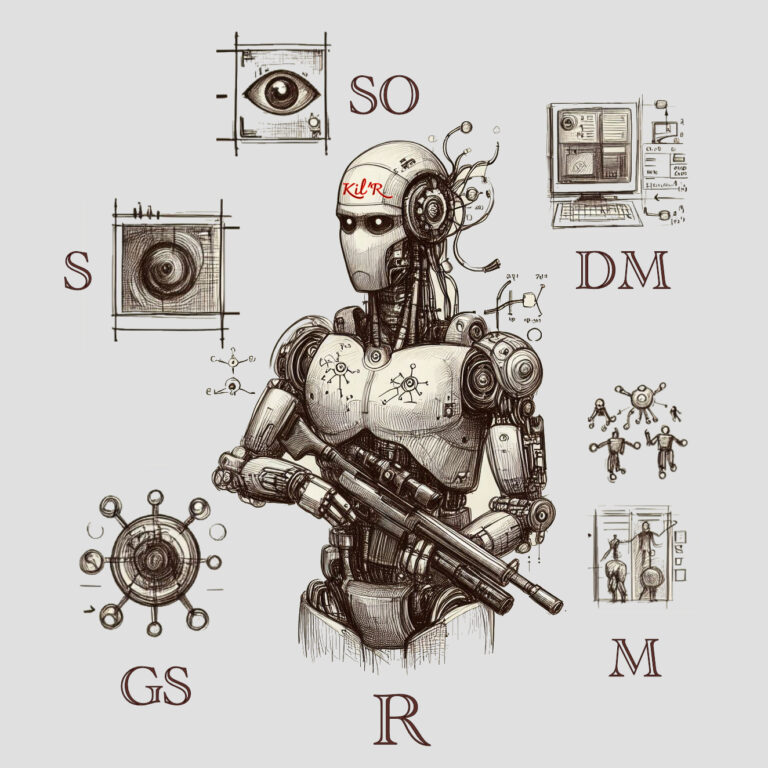Like the Overton Window, the Economic Expectations Window is the range of acceptable ideas about economics. Here’s my answer to the question of what I would do about inflation if I had been debating with Trump and Biden:
… Read the restFolks, these two clowns (and one is more clownish than the other…you be the judge) are not divulging the truth about inflation. Here it is: the best guess by economists about our recent spat of inflation is that it was caused by two factors. First, consumer patterns shifted during COVID and that put demand stress on certain areas of the economy. Money chased after home offices and accessory dwelling units, and it stopped flowing to travel and tourism and eating out. Second, the payments and benefits to people—payments that were needed to head off greater suffering and possibly an economic depression—enhanced the effect. You had more money and lots of time on your hands.
There is no Biden or Trump economy. It’s a myth for fools and children, at least insofar as neither of them does anything dumbly radical (ahem, crazy tariffs).
The primary tool our government uses to manage inflation is the independent Federal Reserve changing certain government interest rates and attempting to slow spending. They have a hard task—a difficult balance—because they don’t want to force the economy into a recession. Raised interest rates ripple out and also impact the affordability of homes and cars. But the president doesn’t control how the Fed sets interest rates. They are independent and for good cause: to avoid creating an economic mess for political reasons like juicing the economy before an election.
There is one other tool that presidents do have a hand in, however, and that is taxes and spending by the government.



